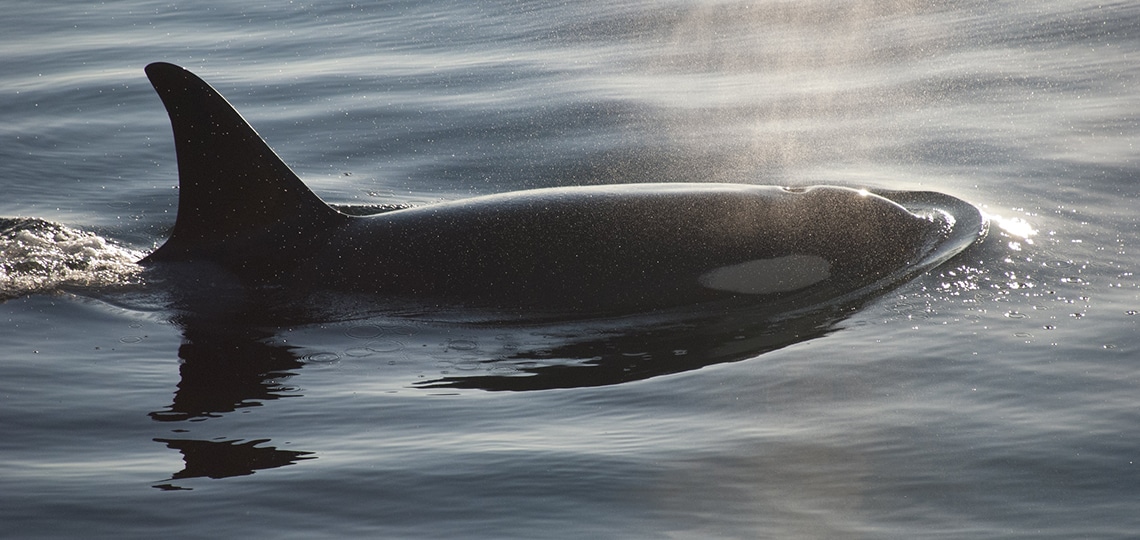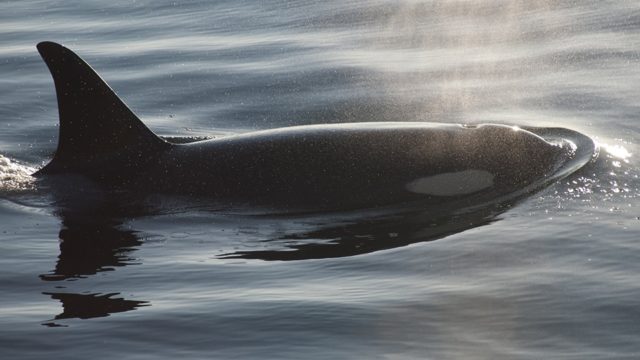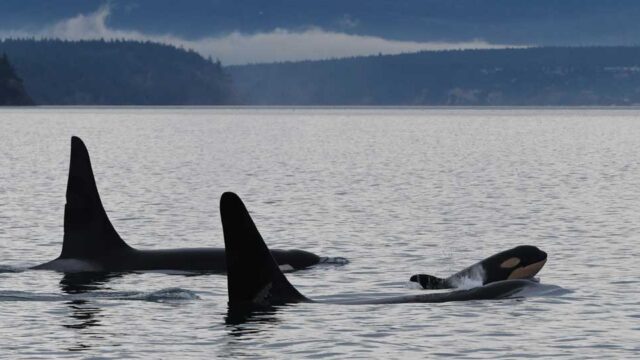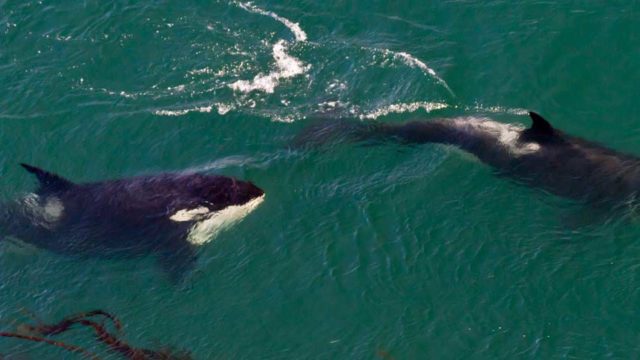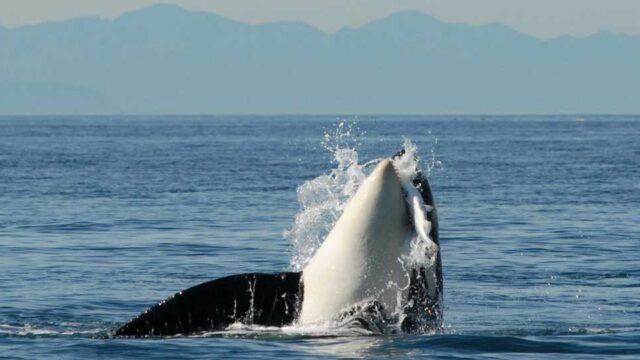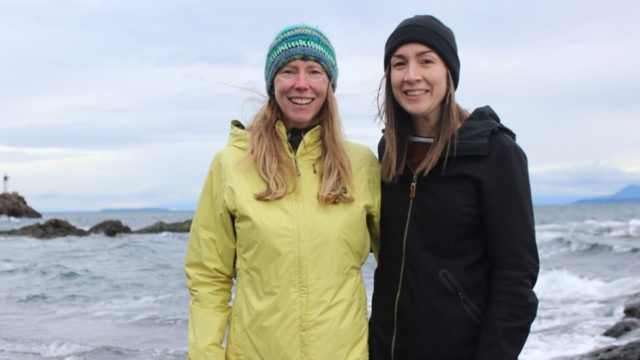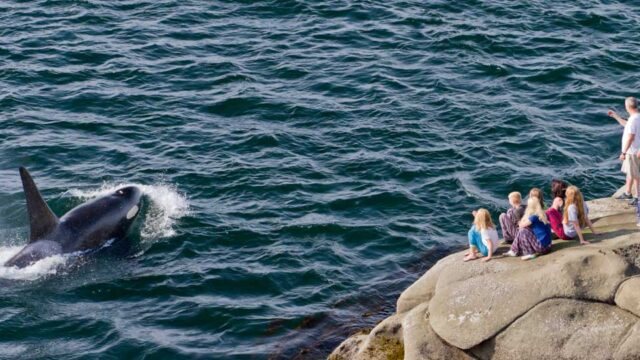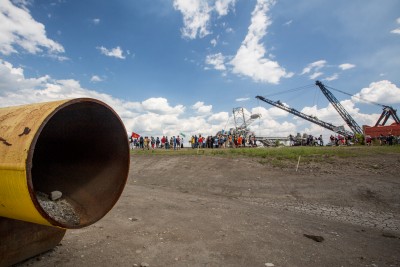Ecojustice’s 2018 Trans Mountain victory overturned the project approval, forced the National Energy Board to re-evaluate the project’s marine shipping impacts, and halted construction on the expansion.
Unfortunately, in June 2019, the government approved the Trans Mountain pipeline project for a second time.
For the sake of the Southern Residents and upholding the law Ecojustice went back to the Federal Court of Appeal to seek leave to challenge Cabinet’s decision to re-approve the project.
When the Federal Court of Appeal decided not to hear our case or any other environmental law arguments against the government’s Trans Mountain re-approval Ecojustice asked the Supreme Court to reverse this decision.
We knew from the outset that there was no guarantee the court would hear our case. The SCC receives a high number of leave applications every year and only grants leave in about 10 per cent of cases.
However, Ecojustice and its clients strongly believed it was important to bring this case as far as we could both for the future of the Southern Resident killer whales and for endangered species law in Canada.
Unfortunately, in a decision issued in March 2020, the SCC declined to hear our arguments.
The ruling brought years of legal efforts to protect Southern Resident killer whales from the Trans Mountain pipeline project to an end.

